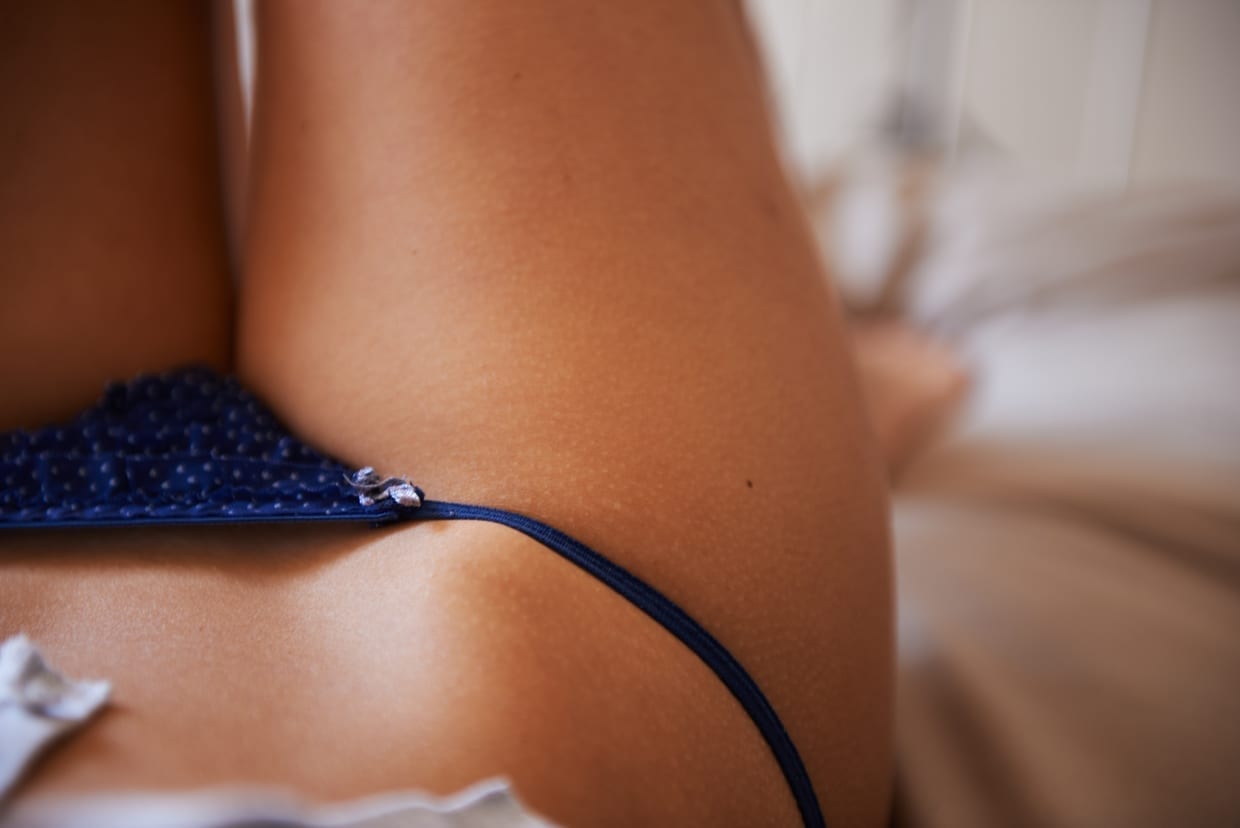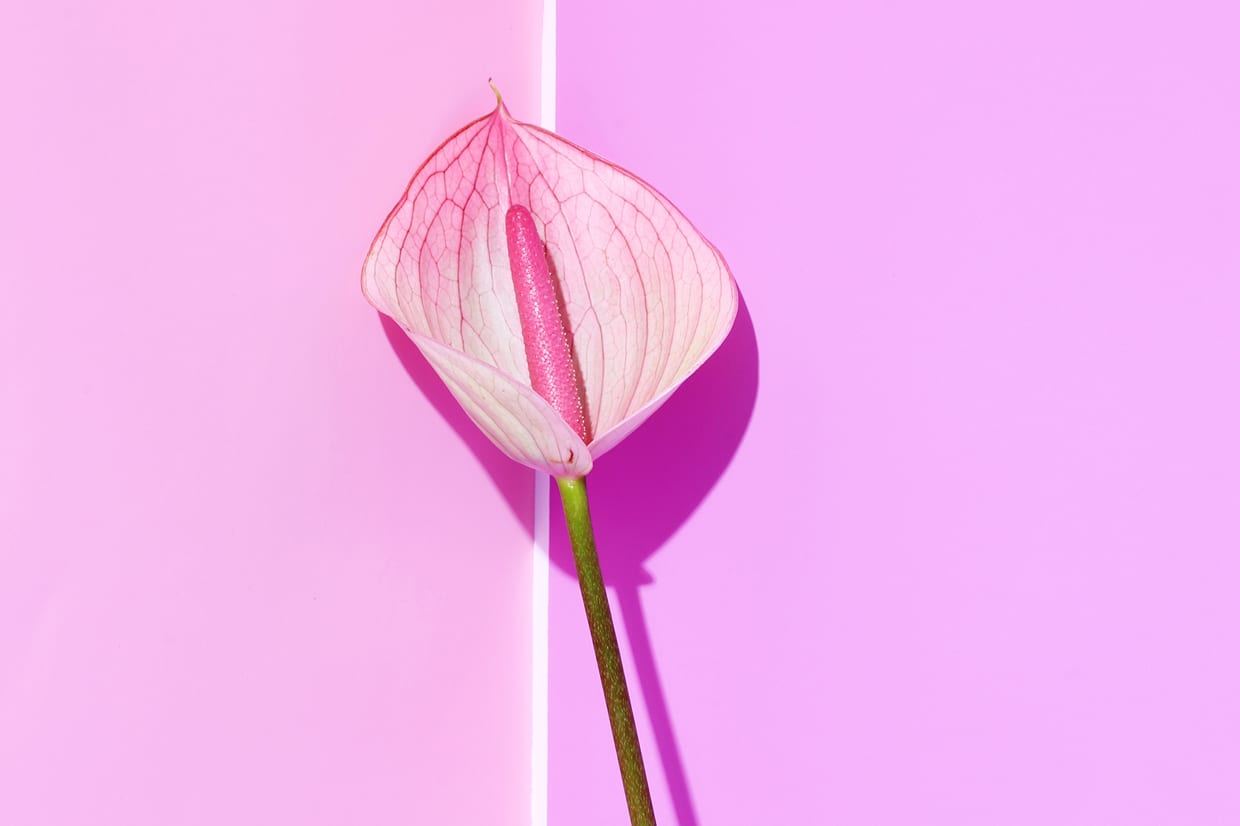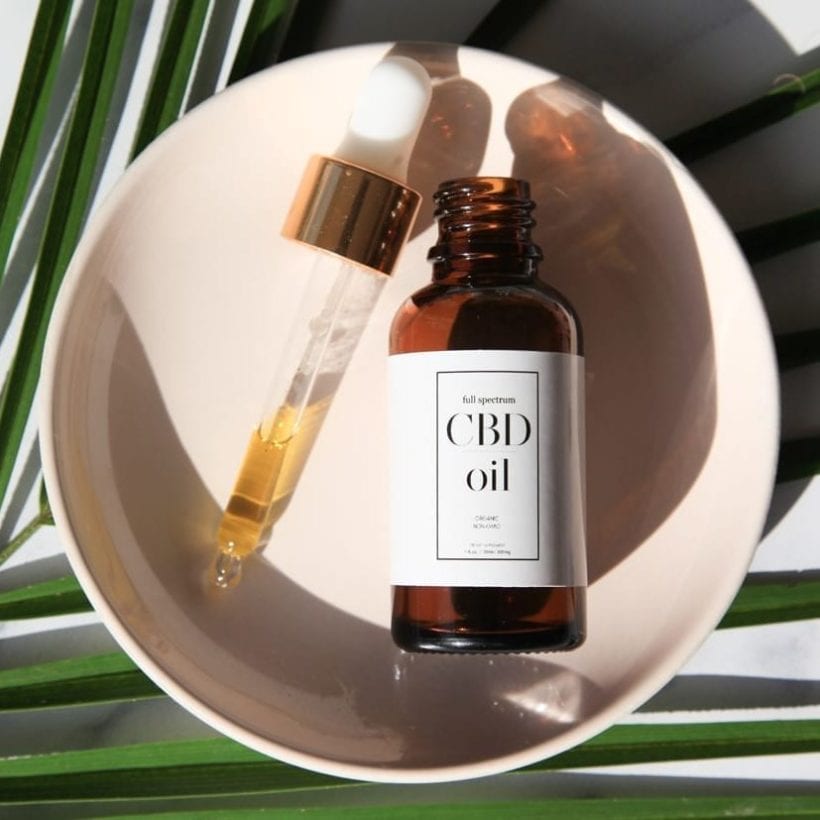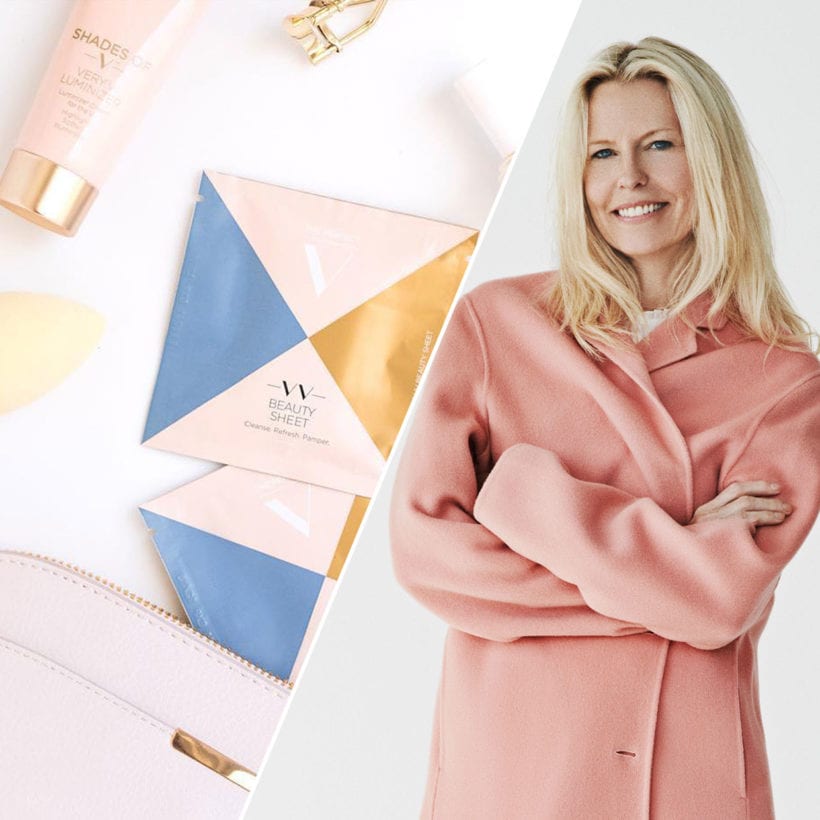Talking about vaginas can make even the boldest people feel uncomfortable, but it is about time that changed. If not for conversations revolving around the newest sex toys or our friendly red monthly visitor, we would ignore them altogether. What a big mistake that is, considering vaginal health is a reflection of whole-body health, especially when it relates to its pH balance.
To cover the basics: A pH scale measures how acidic or alkaline something is. From zero to seven in the scale are the acids, (with zero being the strongest acids) while the bases range from seven to 14; seven is the pH of pure water and is neither acidic nor basic. pH matters because different parts of the body function at very narrow and specific pH ranges, and disrupting those balances is a recipe for infections, disease, viruses and more.
The Importance of Good Vaginal pH
The pH level of your vagina plays a good role in determining whether it is healthy. Even though most cells in the body thrive in an alkaline (basic) state, the ideal pH for the vulva and vagina is between 3.8 and 4.5, slightly acidic, which protects it from infections and inflammation. “Maintaining this pH is especially important for the vaginal ‘ecosystem’ and preventing unwanted infections and dryness of the vulva,” says Sherry Ross, M.D., an OB-GYN, educator and author of “She-ology: The Definitive Guide to Women’s Intimate Health. Period.”
Anything that disrupts the delicate pH balance of the vagina could lead to a myriad of vaginal misery.
Anything that disrupts the delicate pH balance of the vagina could lead to a myriad of vaginal misery. “Using products for the vulva and vagina that are not specifically formulated for its delicate pH could potentially lead to yeast and bacterial infections, and urinary tract infections,” says Ross.
Products That Disrupt It
The sensitive tissue of the vulva and vagina are very much like your face — you need a special wash and routine to properly cleanse the area. “The vagina can often be affected by everyday routines such as diet, medications, stress, fragranced body and laundry soaps, douching and sex. Every day, unsuspecting feminine rituals can disrupt the pH balance and irritate all areas of the vagina,” says Ross. “The list is long and some of the common offenders may surprise you.”
Common irritants you may not realize are a problem: detergents, fabric softeners and dryer sheets; fragrant soaps, bubble bath liquids, bath salts, talcum powders; feminine hygiene sprays, tampons or deodorant pads, sanitary wipes and pads; warming gels and scented lubricants; douching; Nylon underwear and bathing suits; saliva or semen; rubber products such as diaphragms and condoms; spermicides such as foams, creams and jellies. Most cleansers on the market have a pH of 9-12, so if you are using those around your vagina, you can really throw out its delicately balanced pH.
“Given the sensitivity of the vagina, unfriendly chemicals from fragrant soaps, bubble bath liquids, bath salts and other common offers disrupt the delicate acidic pH balance, allowing bacteria and yeast to grow,” says Ross. These chemicals include Parabens, DEA (diethanolamine), MEA (monmoethnanolamine), TEA (triethanolamine), Petroleum and mineral oil-derived ingredients, Sodium Laureth Sulfate, synthetic fragrances and other artificial ingredients are others. “The less number of ingredients, the better [the product] is,” adds Adeeti Gupta, M.D., a board-certified OB-GYN in New York. “Look for natural, glycerine or castile soaps. For lubricants, look for water-based lubricants.”
Products to Look for To Make Sure Your pH Is in Balanced
According to Gupta, the only thing that can help the vagina’s pH are products that work by promoting health holistically, meaning a well-balanced diet rich in probiotics and antioxidants, low in sugar and processed or simple carbohydrates. Oral probiotic supplements can also help improve vaginal pH.
All in all, the most important thing is to look for products that are specifically formulated to keep vaginal pH intact, like the Queen V Pop the Bubbly pH balanced bubble bath. “Take a minute to read the ingredients on the label,” says Lauren Steinberg, founder of Queen V. “Avoid using products that aren’t pH balanced; steer clear of propylene glycol, which derives from petroleum oil and can be found in a lot of lubricants; be careful of fragrances glycerin, etc.; I like to encourage women to shop for products created by women for womxn.”
 Among Ross’ favorite hygiene products: Vagisil. “Their Feminine Wash, Prohydrate and Vagisil wipes were actually made for the vagina to keep it clean, prevent dryness and won’t mess with the pH balance,” she says. Summer’s Eve Cleansing Wash is another favorite. “I’ve been recommending it for over a decade. It’s gentle, balanced to a woman’s pH and works to remove odor-causing bacteria, without leaving any unwanted residue like body washes,” she adds. Other mainstays: unscented Dove, Aveeno and Eucerin.
Among Ross’ favorite hygiene products: Vagisil. “Their Feminine Wash, Prohydrate and Vagisil wipes were actually made for the vagina to keep it clean, prevent dryness and won’t mess with the pH balance,” she says. Summer’s Eve Cleansing Wash is another favorite. “I’ve been recommending it for over a decade. It’s gentle, balanced to a woman’s pH and works to remove odor-causing bacteria, without leaving any unwanted residue like body washes,” she adds. Other mainstays: unscented Dove, Aveeno and Eucerin.
As for probiotics, Ross is a big fan of Culturelle Probiotics. “Maintaining healthy yeast and bacteria levels within the vagina is just as important as supporting digestive health, as both of these lend to overall wellness. Sugar, dairy, stress and travel can all agitate the vaginal microbiome, upsetting the balance of good bacteria.”
“If we took care of our vulva and vagina with the same feminine hygiene routine that we do for our face — hydrate, moisturize and specific intimate area products — our lady parts would age more gracefully and healthy,” she adds.
We only recommend products we have independently researched, tested, and loved. If you purchase a product found through our links, Sunday Edit may earn an affiliate commission.







